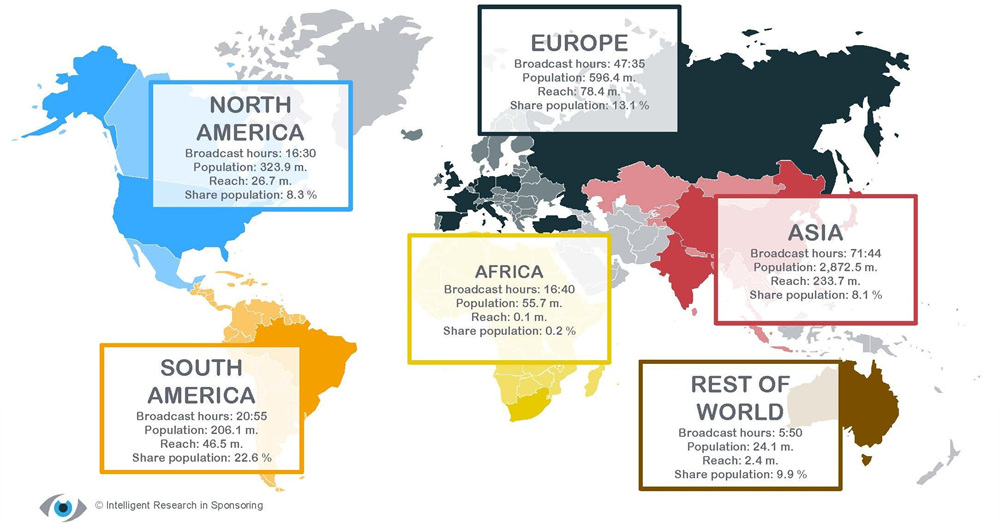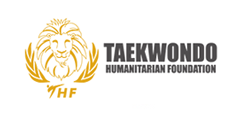A report analyzing the coverage reached by rights-holding broadcasters in 17 markets across the world has found that taekwondo secured a global TV reach of nearly 400 million people during the Rio 2016 Olympic Games reflecting the global popularity of the sport.
The report which found taekwondo had a global reach of 387.8 million was carried out by Intelligent Research in Sponsoring and commissioned by the Association of Summer Olympic International Federations (ASOIF). The study analyzed the taekwondo coverage reached and the audiences achieved by rights-holding broadcasters in Australia, Brazil, China, France, Germany, India, Italy, Japan, Netherlands, Poland, Russia, South Africa, South Korea, Spain, Turkey, UK and the USA. The global reach was then based on collecting the audited reach data for each of the 17 markets investigated. Audience reach was only based on viewers watching the Games for five consecutive minutes or longer.

More than 179 hours of taekwondo were broadcast across the 17 markets with the countries in Asia broadcasting over 70 hours of taekwondo reaching 233.7 million people. The highest total reach in a single market came in China with 202.4 million people watching five minutes or more of Olympic taekwondo coverage. Markets where the respective athletes won medals, such as the UK, South Korea, Brazil and France all reached over 20% of their respective populations. The age of viewers was also in keeping with average TV demographics reflecting taekwondo’s universal appeal to people of all ages.
WTF President Chungwon Choue said:
“Rio 2016 was a fantastic Olympic Games for taekwondo and these TV ratings have only reinforced that. We made history in Rio with new countries winning their first ever Olympic medals and we saw many exciting and unpredictable matches. The fact that in just 17 countries nearly 400 million people watched Olympic taekwondo during the Games shows how popular our sport is but we know there is so much room for growth. The sport is developing rapidly in countries where it is traditionally not that widely practiced and the performances of our athletes at Rio 2016 will only inspire more people to take up the sport.”




































